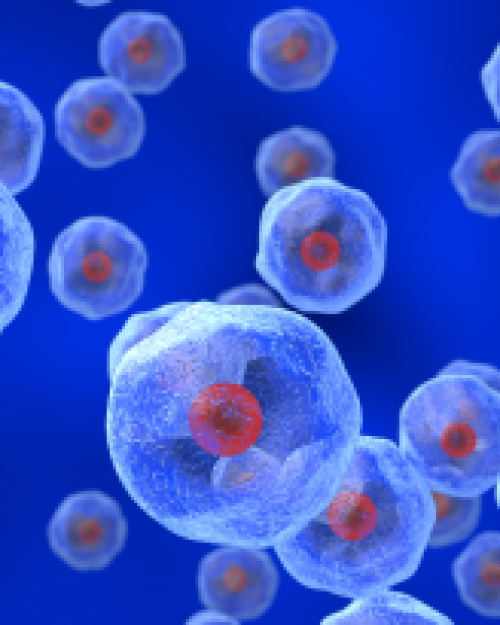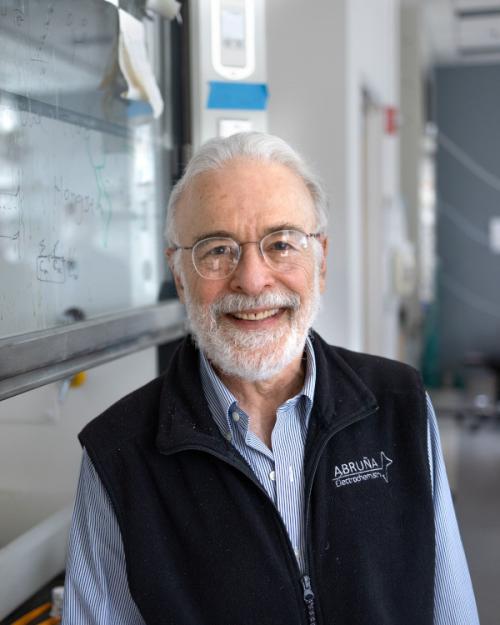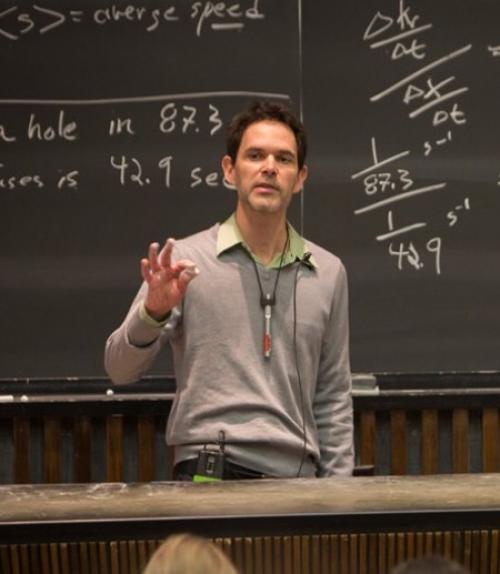General chemistry can be challenging, particularly for students whose high schools didn’t offer sufficient preparation. In response, the Department of Chemistry & Chemical Biology has incorporated recent pedagogical advances into a number of classes to teach students the quantitative reasoning necessary to succeed in the physical sciences.
Two general preparatory classes are open to all students at Cornell (CHEM 1070 and 1080) and are taught by Stephen Lee, professor of chemistry. Students work through flipped classes, peer-assisted workshops and scored practice exams; to complete the course, students are required to complete 80 percent of the given tasks.
The chemistry department has also incorporated active-learning techniques into its Pre-Freshman Preparatory (PSP) program, which provides disadvantaged students supplemental training in quantitative thinking to succeed in general chemistry courses. The PSP is based on intense problem-solving exercises and peer-led learning; a balance of problem types that encourage the development of physical intuition and general chemical reasoning have been found to provide the most effective outcomes. The PSP program is led by Lee and senior lecturer Steve Johnson, and grew from collaboration between the chemistry department and the Learning Strategies Center.
“Students participating in the PSP not only have greater success in freshman chemistry, but also show improvement in their other courses,” notes Brian Crane, the George W. and Grace L. Todd Professor in the Department of Chemistry and Chemical Biology and a Howard Hughes Medical Institute professor.
To encourage PSP students to pursue careers in research and medicine, the chemistry department has developed the Cornell-HHMI Accelerating Medical Progress through Scholarship (CHAMPS) program, supported by the Howard Hughes Medical Institute. The program’s first phase is a pre-sophomore organic/biochemistry preparatory course based on the PSP model, taught by senior lecturer Thomas Ruttledge, combined with an initiation into laboratory work. In the program’s second phase, students conduct independent research in a mentored environment.
CHAMPS participants receive instruction in work practice, professional development, responsible conduct and the opportunity to hone their writing and presentation skills. An engaged course component encourages the students to lead scientific outreach efforts to K-12 schools in their home communities via remote learning platforms that can be readily disseminated through electronic media.
So far, nearly 40 students and 27 different Cornell research laboratories have participated in CHAMPS.
“Our overall goal is to nurture a group of well-trained, research-ready undergraduates who have a passion for science, the desire to engage in research careers and the ability to inspire peers to follow the same path,” says Crane.
CHAMPS has already proven its effectiveness: Crane says performance of CHAMPS students in sophomore organic chemistry has been exceptional. “More importantly, the students are taking additional steps to pursue careers in medicine and scientific research,” he says. “With demonstrated achievement at Cornell, the students are positioned to compete effectively for advancement in fields that will greatly benefit from an infusion of diverse perspectives and approaches.”
This story also appeared in the Cornell Chronicle.




